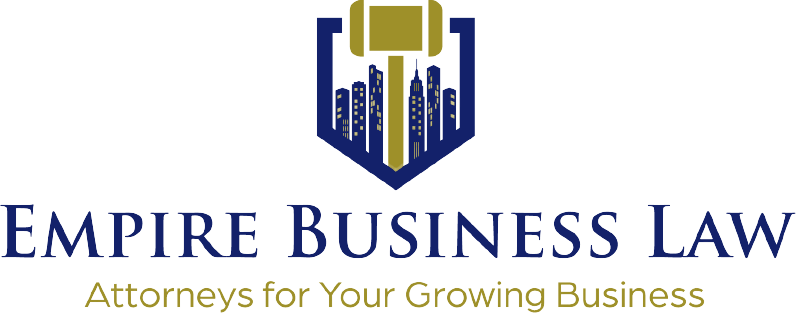What is Beneficial Ownership Information Reporting and what will Business Owners Need to do to be Compliant?

What is Beneficial Ownership Information Reporting and what will Business Owners need to do to be compliant?
If you haven’t heard yet, Starting January 1 st, 2024, Business owners will have to file
what is being called “Beneficial Ownership Information”, with the Financial Crimes Enforcement
Network. For those who don’t know, the Financial Crimes Enforcement Network, most
commonly known as FinCEN is a bureau of the U.S. Department of Treasury. FinCEN collects
and analyzes information about financial transactions in order to combat domestic and
international money laundering, terrorist financing, and other financial Crimes.
"On March 24th, 2023, FinCEN announced a new regulation through the “Corporate Transparency Act” by releasing the following quote:
“The Corporate Transparency Act, through its beneficial ownership reporting
requirements provide the historic opportunity to unmask shell companies and protect the U.S.
financial system from abuse by money launderers, drug traffickers, sanctioned oligarchs, and
other criminals,” said Himamauli Das, Acting Director of FinCEN. “We are committed to making
this transparency process as simple as possible, particularly for small businesses who may have
never heard of or interacted with FinCEN before.”
The goal here is to make it harder for bad actors to use Business Entitles as their veil to
hide their crime.
What is Beneficial Ownership Information?
According to FinCEN Beneficial Ownership Information refers to identifying information
about the individuals who directly or indirectly own or control a business. A Beneficial Owner is
an individual who either directly or indirectly has substantial control over a “Reporting
Company” or owns or controls at least 25% of the “Reporting Company”. A Reporting Company
is simply a company required to report. There are two types. The first a domestic reporting
company which are corporations, Limited Liability Companies, and any other entity created by
filing documents with a secretary of state or any similar office in the United States. The second
type of Reporting Company is a Foreign Reporting Company. A foreign Reporting Company is
an entity (including Corporations and Limited Liability Companies) formed under the law of a
foreign country that has registered to do business in the U.S. by filing documents with a
secretary of state or similar office.
As far as what is considered “Substantial Control”, FinCEN has outlined 4 ways in which
an individual can fall under the category.
- The individual is a senior officer. This means the company President, CFO, General Counsel, CEO, COO, or anyone that performs similar functions.
- An individual with the authority to appoint or remove officers or directors of the Reporting Company.
- Individuals who are important decision makers for the Reporting Company.
- Individuals with any other form of substantial control for the Reporting Company. (This one is a bit vague and is to be used on company to company basis.
What are considered important decisions?
How do I know who the important decision-makers are?
Important decisions are decisions made about the reporting companies' business, finances, or structure. Any person who directs, determines, or has substantial influence over those important decisions is considered to have substantial control over the Reporting Company. FinCEN explains the decisions as follows:
- Business Decisions - decisions over the nature, scope, or attributes of the business; Selection or termination of business lines, ventures, or geographic focus; and entry, termination, and fulfillment of significant contracts.
- Finance Decisions – decisions about sales, leases mortgages, or other transfers of principal assets; major expenditures or investments, issuances of any equity, incurrence of any significant debt, or approval of operating budgets; or compensation schemes, and incentive programs for senior officers.
- Structure – Decisions controlling reorganizations, dissolutions, or mergers; or the authority to make amendments of any substantial governance documents, including Articles of Incorporation/Organization, bylaws, and significant policies or procedures.
Who is considered an owner of the company?
For most businesses, it is really simple to recognize who the owner is. For some others, there may be instruments in place that make that a little murky. FinCEN establishes 5 different ways a person can have an ownership interest in a reporting company.
- Equity, Stock, or Voting Rights – any interest that is classified as stock or a membership interest regardless of whether it confers voting rights or if it’s transferrable. Some examples are equity and stock instruments, Preorganization certificates and subscriptions, transferable share of, or voting trust certificates, certificates of deposit for an equity security, interest in a joint venture, or a certificate of interest in a business trust.
- Capital or profit interest – any interest in the assets or profits of a company organized as an LLC.
- Convertible Instruments – any instrument convertible into equity, stock, voting rights, capital, or profit interest, whether or not anything needs to be paid to exercise the conversion. Some related items may be any future on any convertible instruments, and warrants or rights to purchase, sell, or subscribe to share or interest in equity, stock, voting rights, capital, or profit interest, even if such warrant or right is a debt.
- Options or Privileges – any put, call, straddle, or other options or privileges of buying or selling equity, stock, voting rights, capital interest, profit interest, or convertible interests. EXCEPT if the option or privilege is created and held by others without the knowledge or involvement of the reporting company.
- Catch all – any other instrument, contract, arrangement, understanding, relationship, or mechanism used to establish ownership.

Are there companies exempt from filing their Beneficial Ownership Information with FinCEN?
The answer is yes. Companies that operate as sole proprietorships and general partnerships will not have to file with FinCEN. While this may change in the future, the current requirement is just for companies that have filings with Secretary of States and similar offices.
FinCEN has also made 23 types of entities exempt from reporting requirements. They are the following:
- Securities Reporting Issuer
- Government Authorities
- Banks
- Credit Unions
- Depository Institution Holding Companies.
- Money Services Businesses
- Broker or Dealer in Securities
- Securities Exchange or Clearing Agency
- Other Exchange Act registered Entities
- Investment Companies or Investment Advisors
- Venture Capital Fund Advisors
- Insurance Companies
- State Licenses Insurance Producers
- Commodity Exchange Act Registered "Entities"
- Accounting Firms
- Public Utilities
- Financial Market Utilities
- Pooled Investment Vehicles
- Tax Exempt Entities
- Entities Assisting Tax Exempt Entities
- Large Operating Companies
- Subsidiary of Certain Exempt Entities
- Inactive Entitles
When do Beneficial Ownership Reports need to get filed with FinCEN?
If your company already exists or exists before January 1, 2024, you must file your Beneficial Ownership Information with FinCEN no later than December 31st, 2024. If your company is created or registered to do business after January 1st, 2024, then you must file your beneficial ownership information without 30 days of receiving public notice that your entity filing/registration is effective.
Who files my company’s Beneficial Ownership Report with FinCEN?
FinCEN is going to require any company that is created after January 1st, 2024, to report what they are calling a “Company Applicant”. Each company can have up to 2 Company Applicants. A Company Applicant can either be an individual who directly files the documents that create or register the company, or if more than one person is involved with the filing, it will be the individual who is primarily responsible for directing or controlling the filing.
If you use a law firm or an agency to file your company documents the individuals at those firms will be the ones who will be considered the Company Applicant. That means that if you use our law firm, you will see the Attorney who filed the government documents for your company as the Company Applicant. Starting in 2024, Beneficial Ownership Report Filings will be included in all of our Flat Fee Entity formations so our clients won’t have the burden of figuring this stuff out themselves.
What is the information required to be filed with FinCEN?
Business Information
- Company Applicant information (if company was filed after January 1st, 2024)
- Applicant Legal Name
- Date of Birth
- Address
- ID
- Legal Name of company
- Company Trade Names (DBA/FBN)
- Current Street Address of its Principal Place of Business
- Jurisdiction of Formation
- EIN
Beneficial Owner Information (For each individual who is a beneficial owner)
- Legal Name
- Date of Birth
- Residential Address
- ID (Both Identification number and Photo of the Identification document used to obtain the Identification number)
- Acceptable forms of ID
- Non-Expired U.S. Driver’s License
- Non-Expired document issued by a U.S. State, Local Government, or Indian Tribe
- Non-Expired Passport issued by the U.S.
- Non-Expired Passport issued by a foreign government
What should I do if my Company’s information changes?
If there is any change to the required information about your company or its beneficial owners in a beneficial ownership information report that your company filed, your company must file an updated report no later than 30 days after the date of the change.
What happens if I don’t file my Beneficial Ownership Information with FinCEN or if I don’t update my information within the required timeframe?
Because these reporting requirements will go into effect for the first time ever on January 1st, 2024, FinCEN is allowing businesses 90 days from the deadline of their original report before penalties are enforced.
The willful failure to report or update Beneficial Ownership Information with FinCEN, or the attempt to provide false or fraudulent information will result in civil and/or criminal penalties of up to $500 for each day that the violation continues, or criminal penalties that include up to 2 years and a fine of $10,000. Senior officers of an Entity that fail to file a required Beneficial Ownership Information report may be held accountable.
Additionally, any person is subject to those same civil and/or criminal penalties if they willfully cause a company not to file the required Beneficial Ownership Report, or if they provide false or incomplete information. As an example, if an individual who qualifies as a beneficial owner or a company applicant, refuses to provide their information, and that leads to a company not being able to provide Beneficial Ownership Information to FinCEN, then that individual can be held civilly and criminally liable.
With any new government requirement, there will be some trial and error. However, Empire Business Law will continue to keep their clients informed of any changes to make sure they are meeting their requirements. If you have questions about the upcoming Beneficial Ownership reporting requirements, schedule a free consultation with us and make sure your business will be compliant.
Call us today.
Empire Business Law
SHARE POSTS:
Leave a Comment
Empire Business Law

Contact Empire Business Law Today for All Your Business Needs. Book an Appointment online Here or give us a call.
Call (855) 781-7705 / (909) 295-8725
Categories
• Business Law
• General Counsel
• Trademark Law
• Trademark Application
• Mergers & Acquisitions
Recent Posts
Newsletter Subscription








